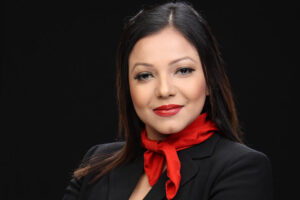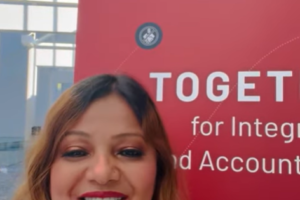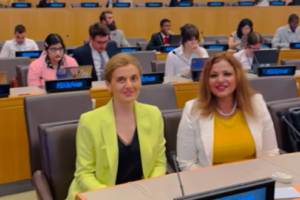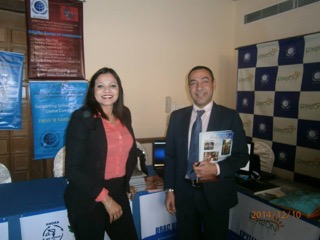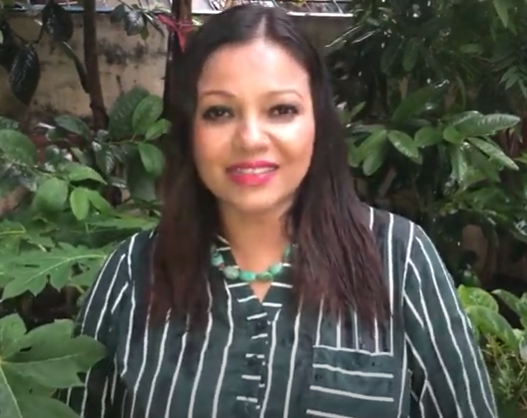Cuban President Miguel Díaz-Canel has appointed the country’s first prime minister in more than 40 years – the tourism minister, Manuel Marrero Cruz.
The post of prime minister was scrapped in 1976 by the then revolutionary leader Fidel Castro.
It was reinstated under the rules of a new constitution for the communist-run island passed earlier this year.
Mr Marrero, 56, will take on some of the responsibilities that currently fall to the president.
“The head of government will be the administrative right hand of the president of the republic,” state-run online news outlet Cubadebate said.
However, critics say any such changes are purely cosmetic as the Cuban Communist Party and the military remain the only two real decision-making institutions on the island.
How was the new PM appointed?
Mr Marrero’s appointment was ratified unanimously by deputies in the National Assembly on Saturday.
The state newspaper Granma described Mr Marrero as a politician who had emerged “from the base” of the tourism industry, one of Cuba’s main sources of foreign exchange.
In 2000 he was made president of the military-run Gaviota tourism group, whose hotels are subject to US sanctions under the Trump administration.
Mr Marrero was named tourism minister in 2004 by Fidel Castro and has since overseen a major boost in tourism to the island.
It is unclear if he will now remain head of the ministry.
Naming him prime minister, Mr Díaz-Canel praised Mr Marrero in particular for his handling of relationships with foreign investors.
He highlighted his “honesty, ability to work, and loyalty to the Communist Party and the revolution”.
Fidel Castro led a communist revolution that toppled the Cuban government in 1959, after which he declared himself prime minister.
He held the title until 1976, when it was abolished and he became head of the Communist Party and president of the council of state and the council of ministers.
With his health failing, Castro handed power to his brother, Raúl, in 2006. He died in 2016.
Raúl Castro stood down from the presidency in 2018 but remains leader of Cuba’s Communist Party and a major force in its politics.
Source: BBC





